Meeting the moment: our impact in 2020
Explore our impact at a glance below or download the full report.
Explore our impact at a glance below or download the full report.
Download our full Impact Report here or navigate our impact at a glance below
Before we'd heard the term 'COVID-19', small and local charities were already facing exceptional challenges; the long-term effects of austerity and funding cuts; political turmoil in the face of Brexit; and a steady rise in demand for services to support people facing mental health problems, addiction, domestic abuse, homelessness and much more. Then COVID-19 spread across our communities.
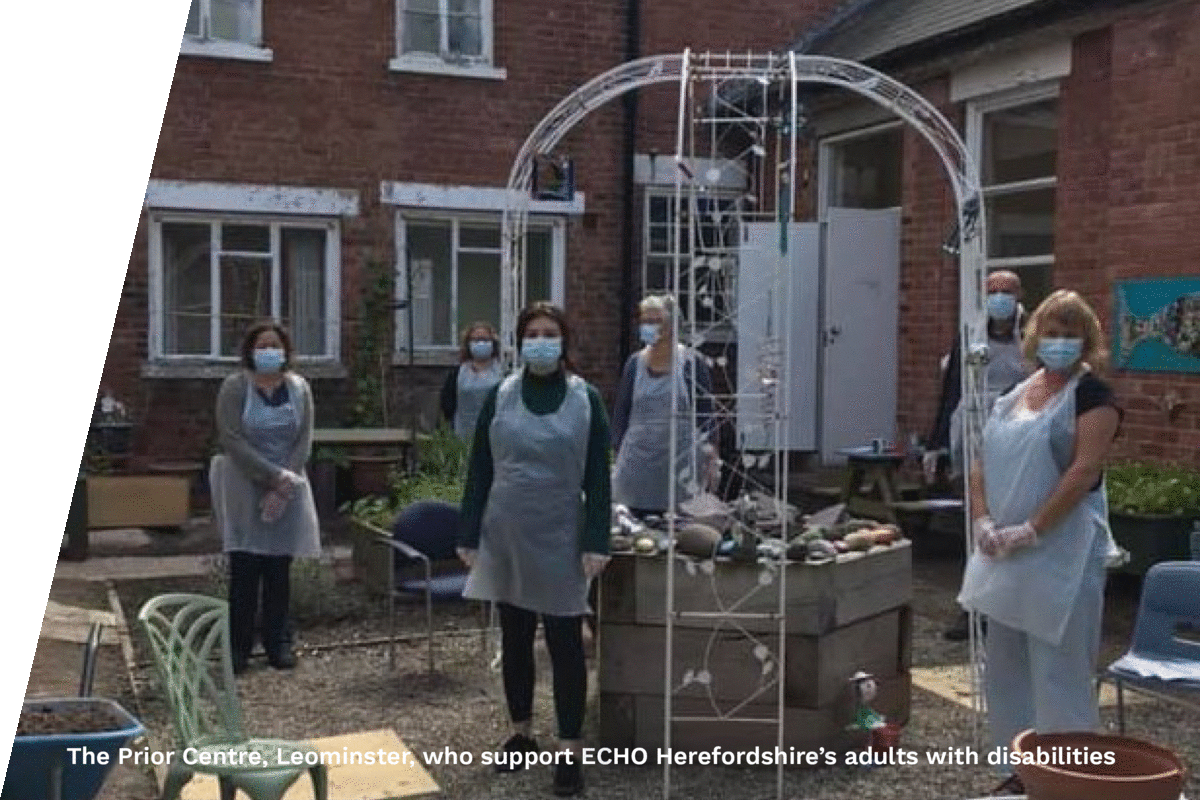
In the lead up to the pandemic, small charities saw a year-on-year decline in income, with government funding at its lowest levels in five years*
In response to COVID, 77% of charities made greater use of technology – and the vast majority made changes to their operations to allow them to deliver their services remotely*.
Since the start of the pandemic, 79% of small charities have lost funding, 43% expecting to lose more than half of their annual income due to the crisis*.
82% of people described the role of charities and community groups in supporting the country through the crisis as ‘important’*.
Emergency grants have not always been fairly geographically distributed – with 36% fewer COVID-19 grants distributed to small charities in the West Midlands compared to London*.


"For all people, 2020 has been a remarkable test. A test of our skill. A test of our resilience. A test of our ability to work together and make clear what we need. Our staff and board worked tirelessly throughout the year to fund even more small and local charities, design additional capacity building support, and champion them to those with influence and power. The support offered to small charities by our partner Lloyds Banking Group proved ever more valuable as they made their expertise available in innovative new ways from virtual mentoring, charity response forums, and digital resources.
From our charity partners we’ve heard the trials they’ve faced, and the triumphs they’ve celebrated. Their unique and unrivaled position within local communities put them at the coalface of the pandemic, helping some of our most vulnerable citizens stay safe, be informed, escape homelessness, abuse or addiction, keep well and be fed. And they met the moment magnificently.
If there was any doubt before the pandemic of the unique value and need for small charities at the heart of communities and at the centre of government policy, there can be none now. Together we must work to ensure they emerge from this crisis stronger, more innovative, and more visible than ever, to ensure they are in a position to meet whatever comes next."
Baroness Irene Fritchie DBE, Chair of the Board of Trustees, and Paul Streets OBE, Chief Executive

11,844 people to regain choice and control
229 people to enter education
1,609 people to gain qualifications
19,877 people to manage a mental health condition
782 people to move to independent living
15,488 people to find stable and suitable housing
22,075 people to be safe from violence and abuse
2,052 people to become employed
3,371 people to not reoffend
2,173 people to safely manage dependencies
6,678 people to maintain healthy relationships
4,798 people to find stable income and financial independence


Wendy Faulkner, Manager, The Shrewsbury Ark
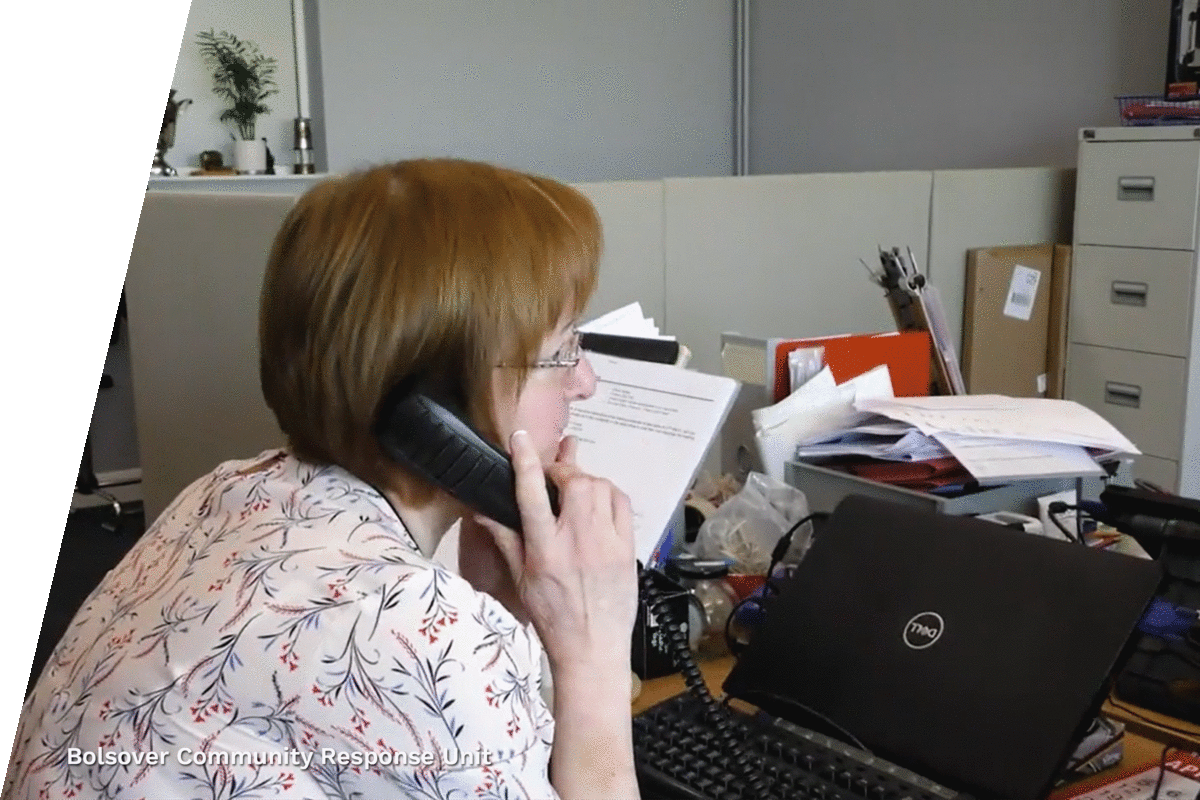
awarded in funding in total
charities supported through new grants
given in matched giving
Charities told us flexibility was key, so we allowed those already holding a grant with us to change the focus of their grant, use core funding in any way they needed to deliver their services, and gave greater leeway on agreed outcomes. We proceeded with applications from charities that had already invested a significant amount of time in the process before the pandemic, awarding over £2 million worth of one-year grants to 71 charities.
Charities told us covering core costs was more important than ever so our COVID React Fund offered existing grant holders a top-up grant to cover costs for adapting or developing services to respond to the crisis. We received applications from twice as many charities as we were able to fund. To ensure we could meet as much demand as possible, we partnered with the Health Foundation and the Community Foundation Wales. Together, we managed to support a total of 414 charities – 90% of those who applied.

Recognising that charities would need to fundamentally change their operations, services, and sources of income in the aftermath of the pandemic, we launched the COVID Recovery Fund that paired a two-year unrestricted grant of £50,000 with dedicated organisational development support. This additional support comes in the form of a local Development Partner, who will walk alongside the charity as it tackles this crucial, and complex, work. Through this programme, we awarded 149 grants totaling an investment of £7.5 million.
Thanks to match funding from the UK Government’s Department for Digital Culture, Media and Sport (DCMS) Community Match Challenge, we have also been able to award £4.4m to a further 136 small charities.
On 13 December 2020 we marked our 35th anniversary – 35 years of championing small and local charities, side by side. In that time, we’ve changed a great deal, as have the challenges facing the small and medium-sized charities we work with.
We’re proud to be more than just a funder, but a valued partner to small and local charities. We know that together we can weather this storm and emerge stronger and more resilient than ever.
Explore our timeline here and watch our interview with Dame Esther Rantzen, Co-Founder of Childline which received one of its very first grants from the Foundation.

Peer Forum Attendee

invested in development support
Charity Response Forums held
events held virtually
The COVID-19 crisis is a challenge unlike any other faced by small and local charities. Their close, trusted position rooted within their communities meant they showed up and stuck around.
Overnight we moved our networks of peer forums and action learning sets online and significantly increased the range and number of events we provided online. From March to December, we held 52 virtual events with nearly 3,000 participants registering to attend from across the sector. A further 4,600 have since watched these events back on our YouTube channel.
Since 2014, we have been partnering with Lloyds Banking Group to offer Skills-Based Volunteering and other forms of support to charities. Developed this year in the face of the pandemic are our Charity Response Forums, connecting small charities and experts from across the Group to air their most pressing issues, test their thinking, and gather new ideas and insights.

As the pandemic progressed, we understood that each charity faced unique circumstances. With this in mind, and to reassure charities whose funding came to an end during 2020, we made our full Enhance support available to them for the remainder of the year, reaching an additional 132 charities.
We offered targeted development support in response to COVID-19, including on IT hardware, staff wellbeing and property advice.
We offered the charities we partner with support and training in systems and processes with a number of local providers.
We offered charity partners the opportunity to create or review their strategic plans as well as their business and digital strategies.
The services that local communities rely on are informed by and impact everyone within those communities. Last year we began to look at how communities can work together to thrive and become more sustainable.
We brought together partners from across the voluntary, community and social enterprise (VCSE) sectors - as well as public and private sectors - in six specific places to identify how we might best help them, understanding the distinct context of each area.
We’ve learnt so much already from our local partners about the changing dynamics at play between sectors and organisations as they work together to respond to the COVID-19 crisis. Watch how some of these communities are working together.
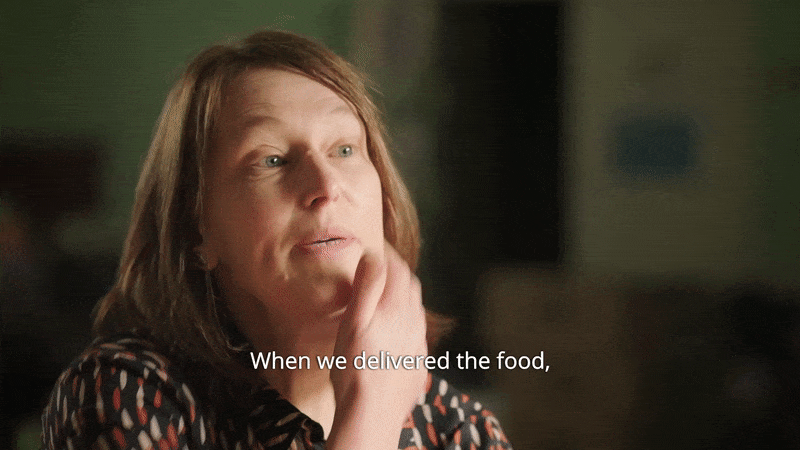
In 2020, we supported five charities to get creative through the Stories for Change project, an initiative supporting charities to create and share their work through film. Kat, a talented musician supported by KEY Project, is just one of the people who share their story.

Charity respondent, ‘Charities responding to COVID-19’
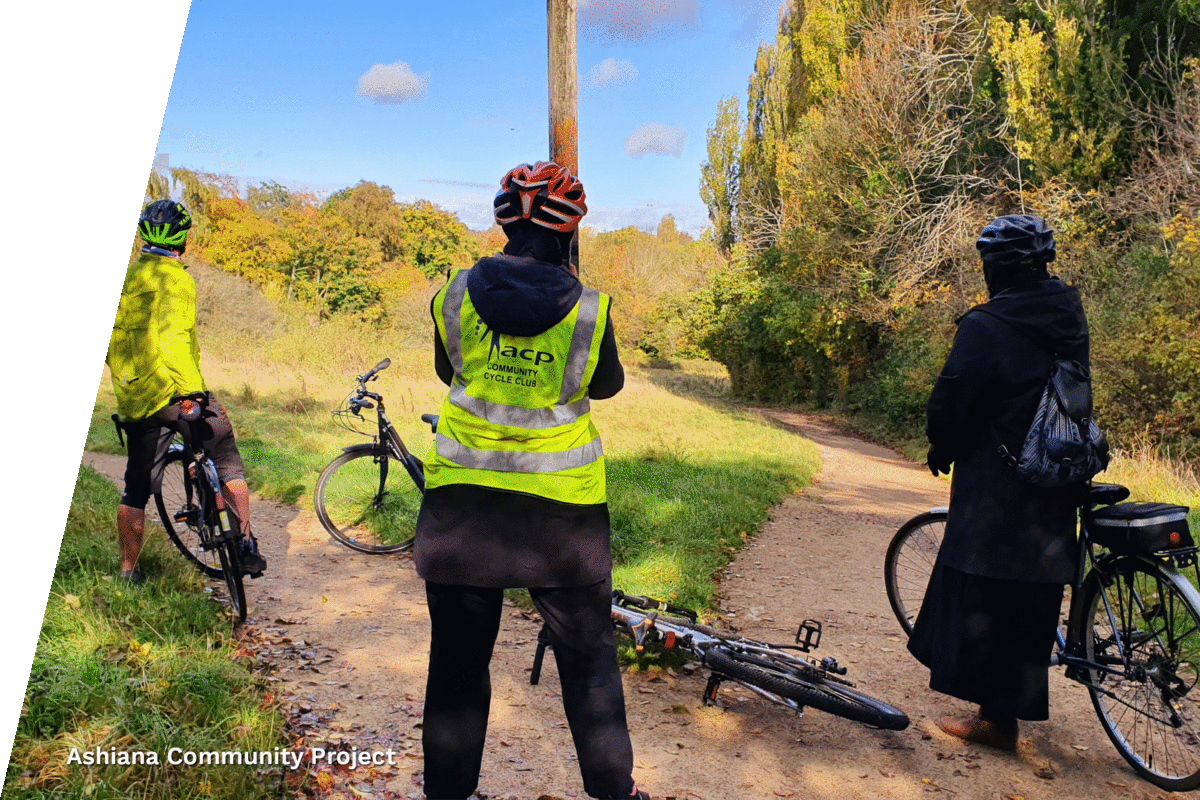
in National Programme spend
research conversations held
invested in 25 Infrastructure organisations
Core to our strategy has always been seeking to influence policy and practice affecting small and local charities and to address the root causes and consequences of disadvantage affecting those they serve. With crushing pressure on services, communities, resources, and beneficiaries, charities’ voices need to be heard or risk being lost entirely.
Alongside a coalition of charitable organisations, we supported the #EveryDayCounts campaign to ensure the not-for-profit sector was not overlooked. Together the coalition helped secure a £750m package of support from the government. However we know that more needs to be done to help charities overcome the challenges ahead, and we continue to work together through the #NeverMoreNeeded campaign, bringing charities voices and expertise to the fore.
We played a leading role in establishing the Funders’ Collaborative Hub, working to increase understanding, closer alignment, and opportunities for funder collaborations in response to COVID-19. Working alongside the Association of Charitable Foundations and representatives from other funding bodies, a pilot programme has been launched exploring how funders from across the sector can work together.
In response to the onset of the COVID-19 pandemic, the Foundation introduced flexible monitoring for all grantees. As one of the first signatories of the Funder sector solidarity statement co-ordinated by London Funders, we recognised the crisis meant adapting reporting deadlines to allow charities to focus on responding to the needs of their communities.
We launched an open grants programme to support local infrastructure charities with core cost funding. Through this Infrastructure programme we awarded £450,000 of funding to 15 local infrastructure charities to support a strong local ecosystem.
Record numbers of people are claiming Universal Credit and food banks have seen a rise in the number of people needing emergency support. Our Welfare programme offered funding to 9 charities to focus on influencing change in the welfare system, through policy, research and campaigning.
Following more than 300 conversations with charity partners we compiled ‘Charities responding to COVID-19’ in May, detailing the challenges facing small and local charities. Our Chief Executive Paul Streets was invited to share these findings with the House of Lords Public Services Committee as part of their inquiry into how public services have responded during the pandemic. We published a follow-up report in December of what we were hearing from the charities we partner with.
To support influencing efforts across the sector, we also launched Small Charities Data in partnership with NCVO, Small Charities Coalition, NPC, Locality, Charity Base, the FSI, Localgiving, and 360Giving. This new digital tool, the culmination of more than two and a half years of work, brings together the latest and best available data on small charities in one place. The data shows the stark challenges they face due to a decade of cuts, increased competition for grants and contracts, and the COVID-19 pandemic.
Visit smallcharitiesdata.org, the go-to place for data about small charities
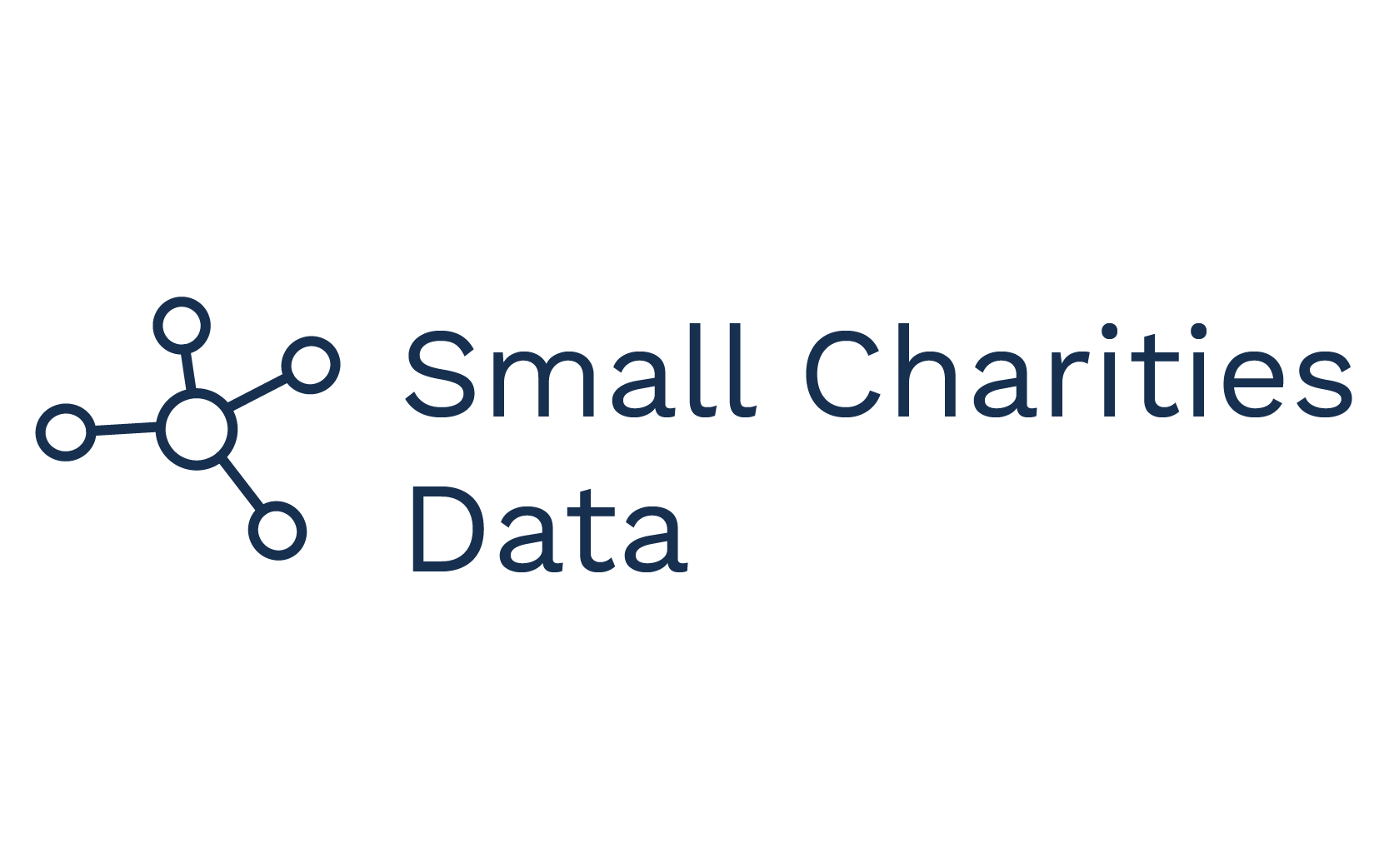

Every year we’ll make grants to hundreds of small and local charities, investing in their work helping people overcome complex social issues across England and Wales
Every year we’ll make grants to hundreds of small and local charities, investing in their work helping people overcome complex social issues across England and Wales
We’ll champion the work of small and local charities and raise awareness of the challenges they face with influencers and policy-makers

Pathways of Chesterfield / £92,525 / Homeless and Vulnerably Housed